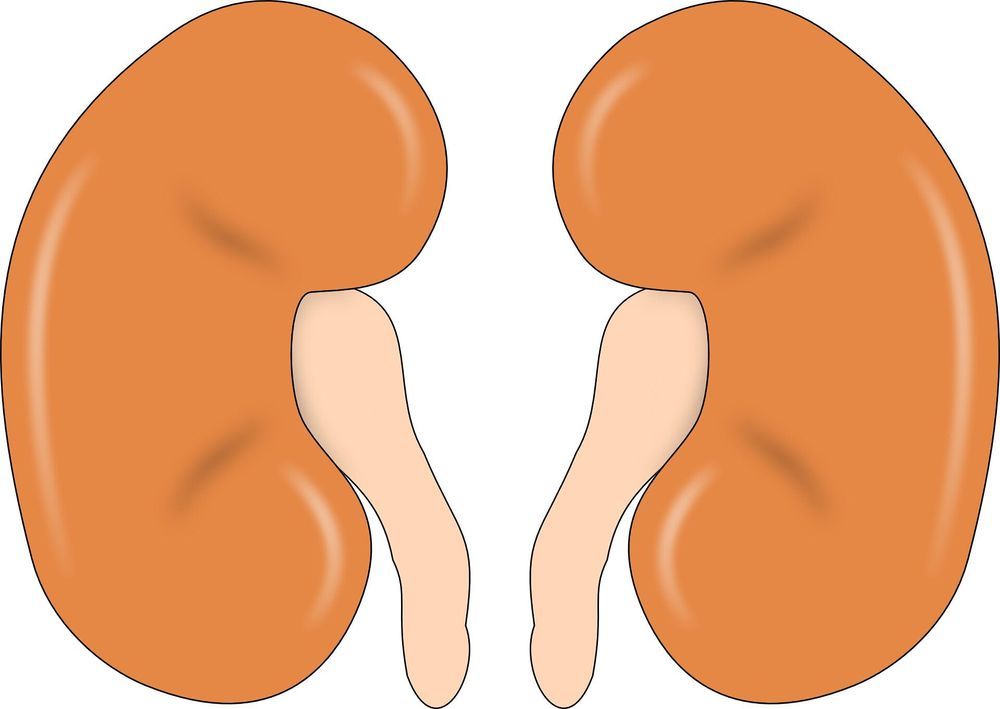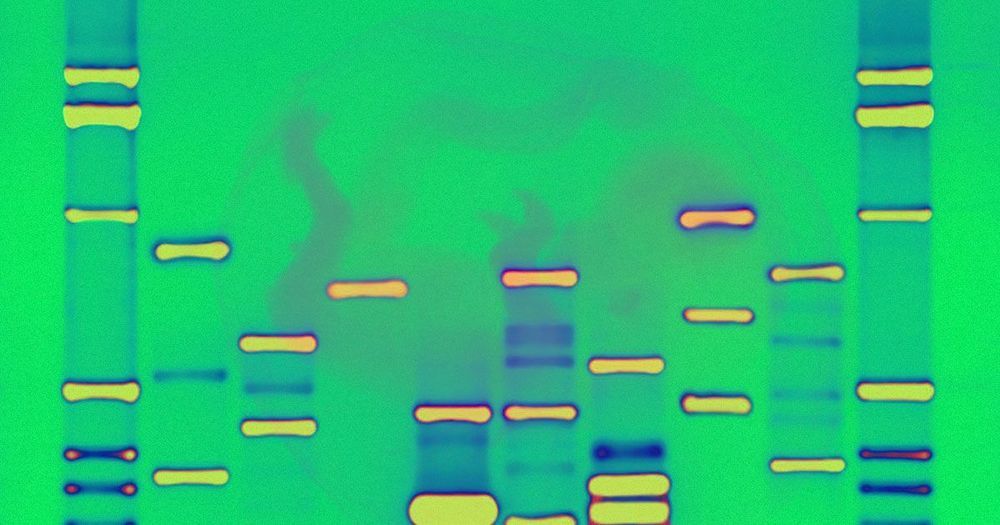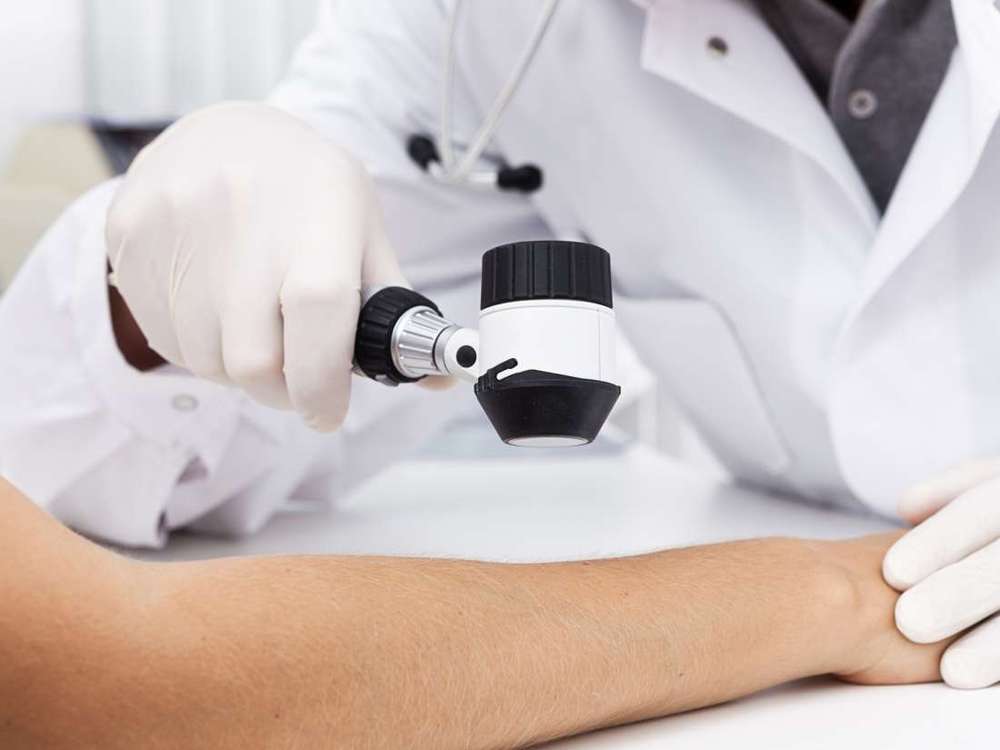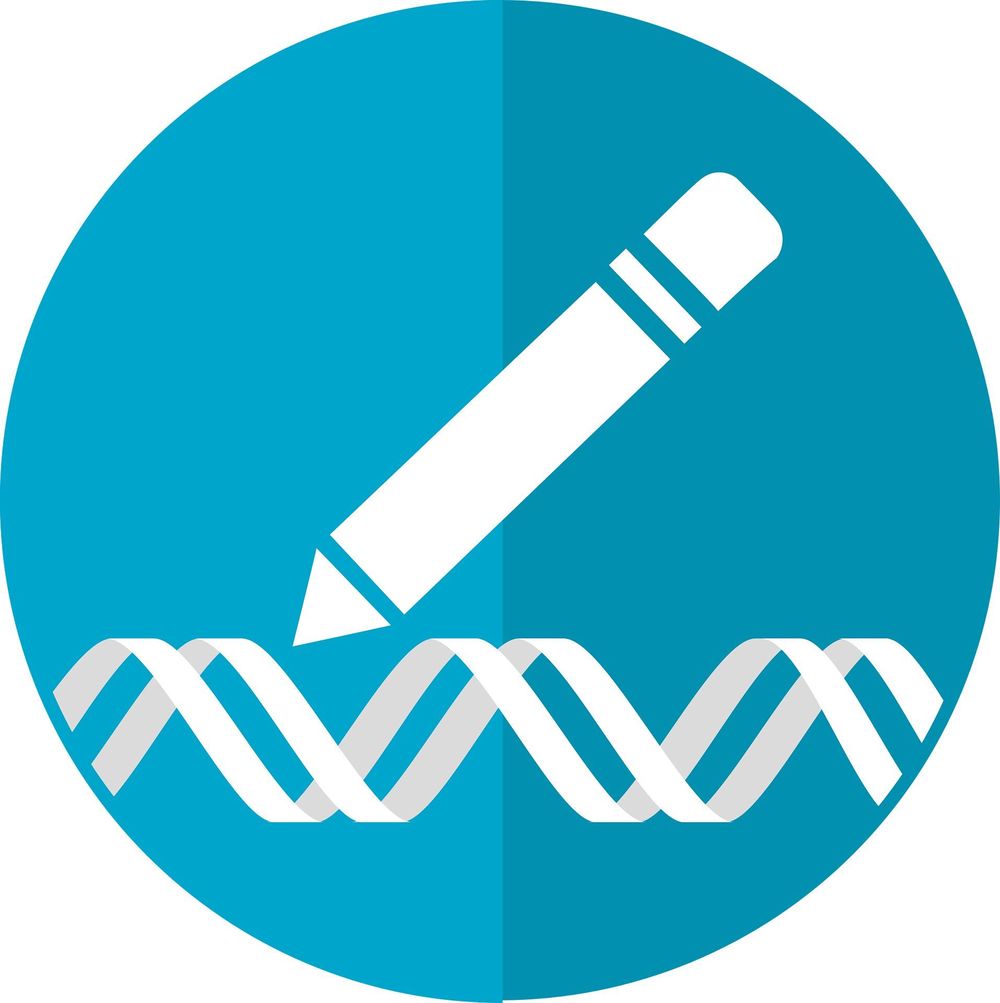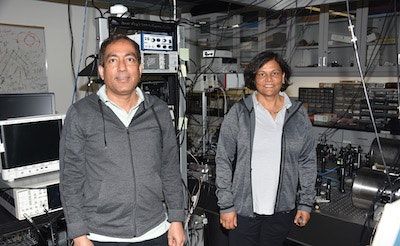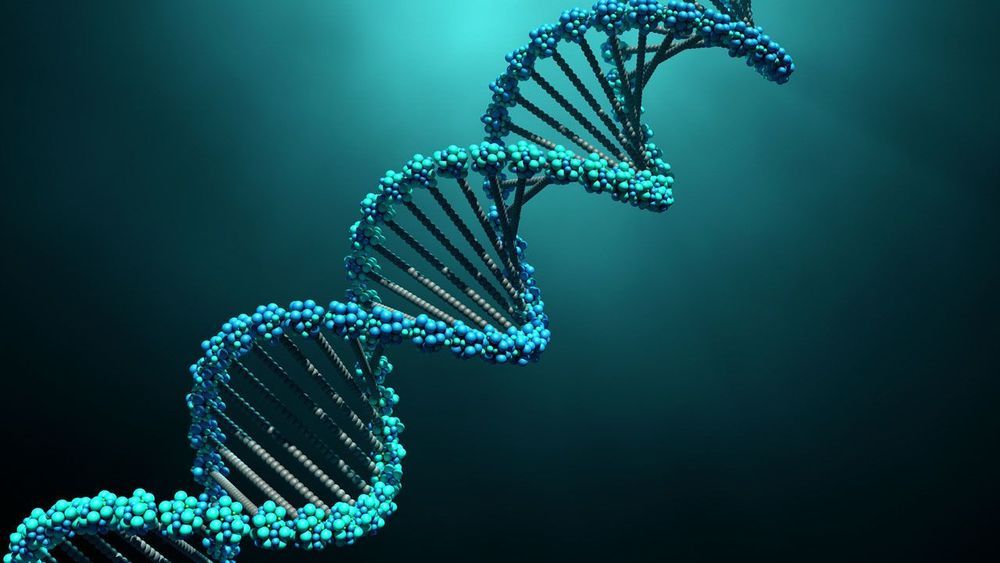The Kidney Project, a national effort to develop an implantable bio-artificial kidney that could eliminate the need for dialysis, will announce a key milestone in a November 7, 2019 presentation at the American Society of Nephrology Kidney Week 2019 conference in Washington, DC.
The team will report that UC San Francisco scientists have successfully implanted a prototype kidney bioreactor containing functional human kidney cells into pigs without significant safety concerns. The device, which is about the size of a deck of cards, did not trigger an immune reaction or cause blood clots in the animals, an important milestone on the road to future human trials.
“This is the first demonstration that kidney cells can be implanted successfully in a large animal without immunosuppression and remain healthy enough to perform their function. This is a key milestone for us,” said Kidney Project co-lead Shuvo Roy, Ph.D., a faculty member in the Department of Bioengineering and Therapeutic Sciences, a joint department of the UCSF Schools of Pharmacy and Medicine. “Based on these results, we can now focus on scaling up the bioreactor and combining it with the blood filtration component of the artificial kidney.”
